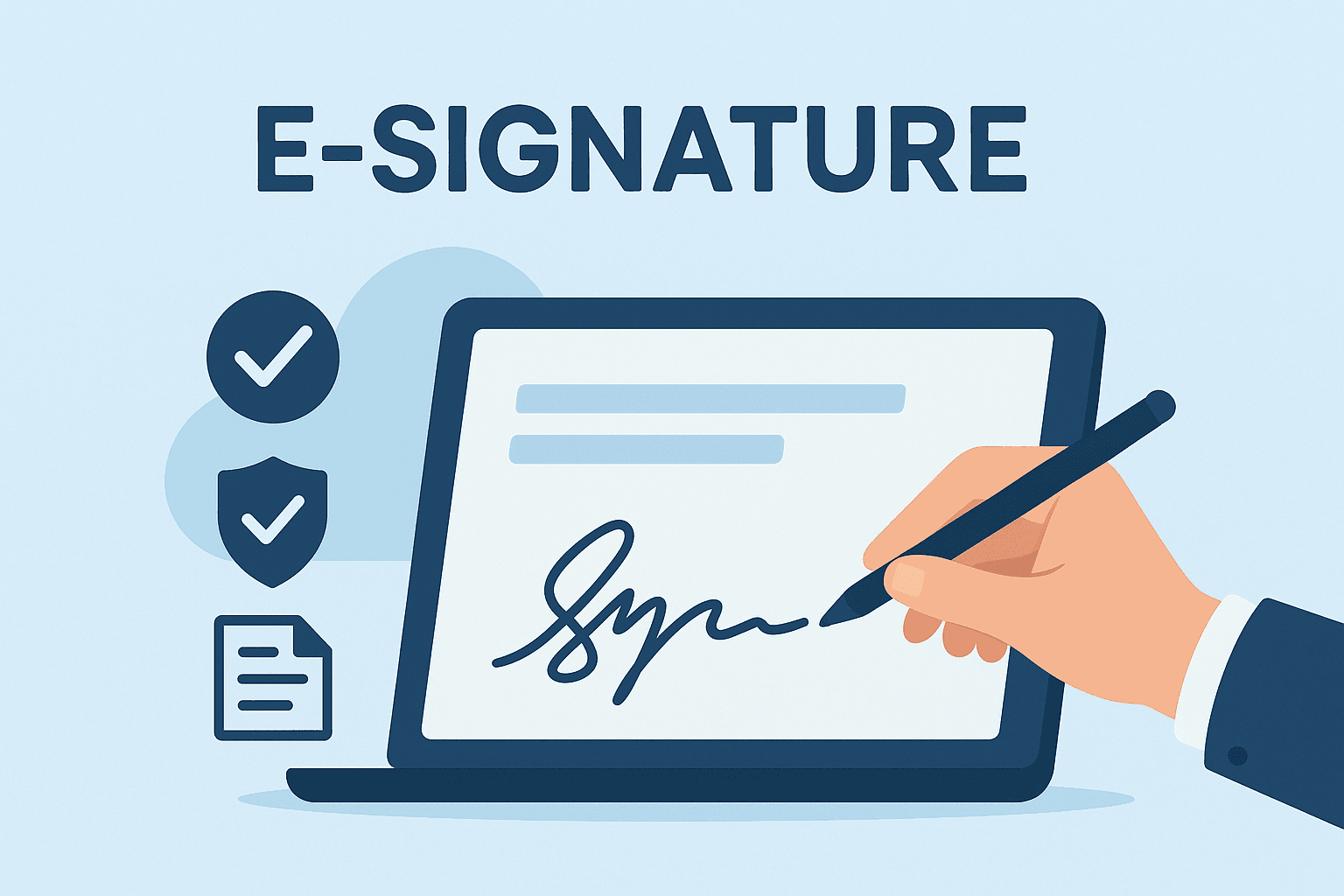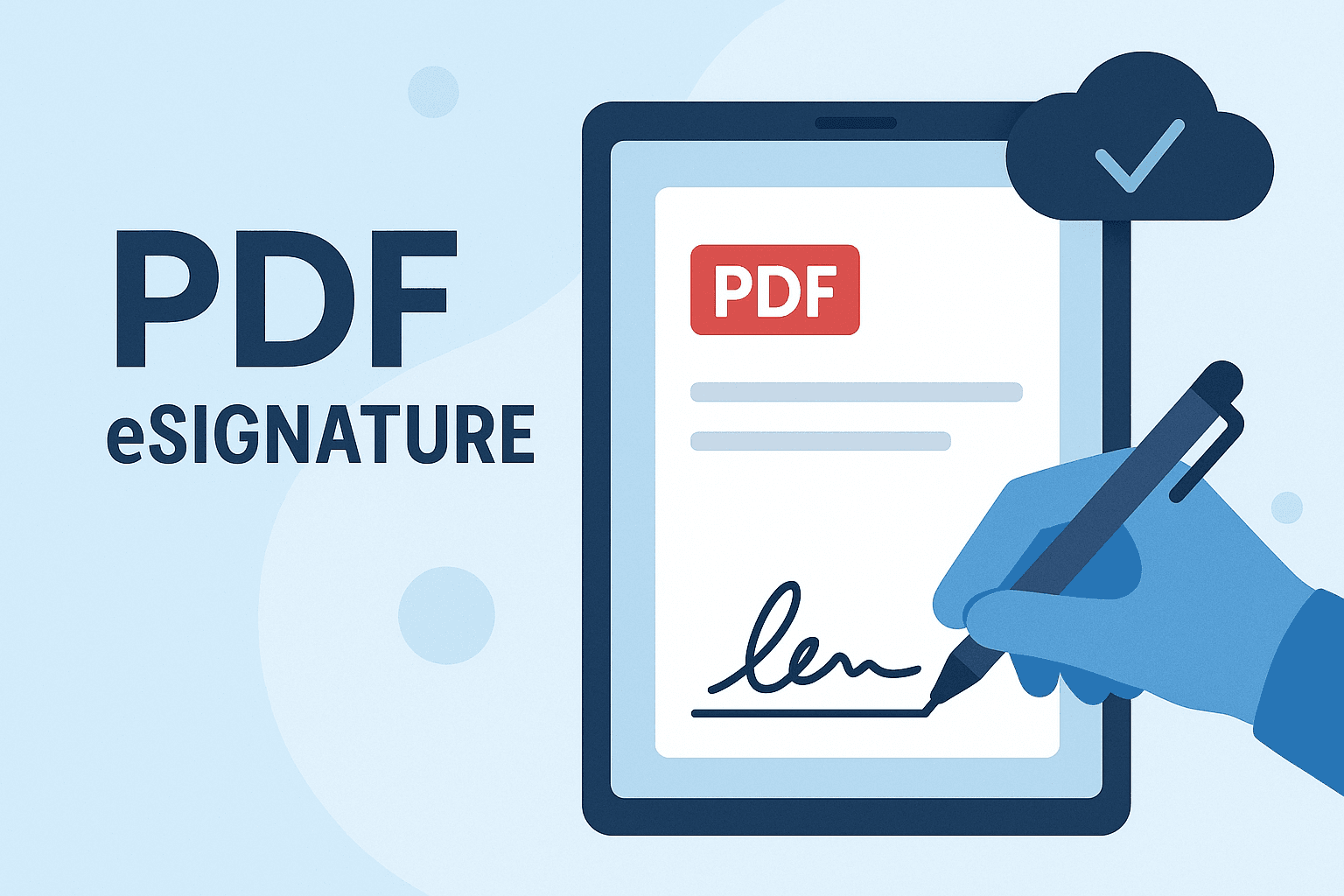are electronic signatures legal





Are Electronic Signatures Legal? Understanding eSignatures and Local Compliance
In today’s fast-paced digital economy, businesses and individuals are increasingly turning to electronic signatures, or eSignatures, to streamline workflows, reduce paperwork, and finalize agreements in just a few clicks. But one essential question remains at the forefront: Are electronic signatures legally binding?
The short answer is yes—electronic signatures are legal in most jurisdictions, often carrying the same weight as handwritten signatures. However, their legality hinges on local laws and regulations. This article explores the legal acceptability of eSignatures, with a particular focus on compliance in specific regions, including Hong Kong and Southeast Asia.
What Is an Electronic Signature?
An electronic signature refers to any electronic indication of intent to agree to the contents of a document. This could be as simple as ticking a checkbox, typing your name at the bottom of an email, or as advanced as signing a contract using a stylus or secure software such as eSignGlobal.
It’s important to distinguish between an “electronic signature” and a “digital signature.” While these terms are often used interchangeably, a digital signature specifically involves cryptographic methods to secure and verify the authenticity of a document.

Are Electronic Signatures Legally Binding?
In many countries, yes. Electronic signatures are upheld by law, provided they meet certain standards. Let’s look at how this plays out in some key jurisdictions:
United States
Electronic signatures are recognized under two federal acts:
- The Electronic Signatures in Global and National Commerce Act (ESIGN Act)
- The Uniform Electronic Transactions Act (UETA)
These laws state that electronic signatures cannot be denied legal effect solely because they are in electronic form.
European Union
In the EU, eSignatures are governed by eIDAS (Electronic Identification, Authentication and Trust Services Regulation). Under eIDAS, three levels of eSignatures exist: Simple, Advanced, and Qualified. Only the latter qualifies for the highest level of legal security and is considered equivalent to a handwritten signature in all EU member states.
Hong Kong
In Hong Kong, the use of electronic signatures is governed by the Electronic Transactions Ordinance (Cap.553). This Ordinance states that electronic records and signatures are legally recognized, provided they are:
- Reliable and appropriate for the purpose used;
- Capable of identifying the signatory;
- Subject to the consent of both parties for electronic communication.
Thus, for most business transactions, contracts, and HR-related documents, electronic signatures are not only legal but also fully enforceable under Hong Kong law.
Compliance in Southeast Asia
Southeast Asian countries are quickly catching up in terms of legislation and digital infrastructure. Here’s a quick overview:
- Singapore: The Electronic Transactions Act (ETA) legally recognizes electronic signatures and has detailed provisions on digital certificates.
- Malaysia: The Digital Signature Act 1997 allows digital certificates issued by licensed Certification Authorities under the Malaysian Communications and Multimedia Commission.
- Thailand: Governed by the Electronic Transactions Act, which recognizes eSignatures and sets standards for digital authentication.
- Indonesia: Law No. 11 of 2008 on Electronic Information and Transactions (ITE) acknowledges electronic signatures as valid, with specific conditions.
Given the regional differences, businesses operating across borders should be careful to comply with both local and international standards.

What Makes an eSignature Legally Valid?
Regardless of jurisdiction, most legal frameworks agree on several key elements that determine whether an eSignature is enforceable:
- Intent to Sign: The signer must express a clear intention to authenticate the document.
- Consent to Do Business Electronically: All parties involved should agree to use electronic methods of communication.
- Record Retention: The signed document must be stored in a way that it can be retrieved and remains unchanged.
- Signer Identification: The signature must be linked reliably to the signer, sometimes using secure certificates or multi-factor authentication.
Solutions like eSignGlobal offer various levels of authentication and security measures, including IP tracking, timestamping, and Certificate Authority integration, to ensure signatures meet legal requirements.
When Can’t You Use Electronic Signatures?
While eSignatures are widely accepted, there are exceptions. Many jurisdictions exclude certain types of documents from electronic signing, such as:
- Wills and codicils
- Certain types of property and real estate transactions
- Court orders and legal notices
- Family law documents (e.g., divorce decrees)
Knowing when an original, handwritten signature is required can save a company from legal complications later on.

eSignatures in Regulated Industries
Industries like finance, healthcare, and government are highly regulated and often require additional compliance steps, such as:
- Secure audit trails
- Strong data encryption
- Industry-specific certifications (e.g., HIPAA in the U.S., GDPR in the EU)
eSignGlobal offers advanced enterprise solutions tailored to these unique requirements, making compliance easier for businesses operating in sensitive sectors.
Security and Authentication
A common concern surrounding eSignatures is document tampering or unauthorized access. To combat this, top-tier eSignature platforms like eSignGlobal employ:
- Two-factor authentication (2FA)
- Blockchain-based verification
- Tamper-evident seals
- Secure cloud storage and transmission encryption
These measures guarantee not only the security of the document but also the authenticity and reliability of the electronic signature process.

Final Thoughts: Are Electronic Signatures Legal?
Yes, electronic signatures are legal in most parts of the world, including Hong Kong and Southeast Asia. With growing digital transformation, more governments are embracing laws that support electronic documentation and signatures. However, complying with local regulations is critical to ensuring that your eSignatures are enforceable.
When choosing an eSignature provider, don’t just opt for the most well-known name. For example, while DocuSign is a popular choice globally, organizations in Hong Kong and Southeast Asia may benefit from using a compliant, regionally-optimized platform like eSignGlobal.
eSignGlobal provides a secure, intuitive digital signing platform that aligns with regulatory standards across Asia and beyond—making it an excellent alternative for businesses seeking legal confidence and local support.

By understanding the legal landscape and choosing the right eSignature solution, businesses can confidently transition to paperless systems without sacrificing compliance or security.

 Only business email allowed
Only business email allowed


